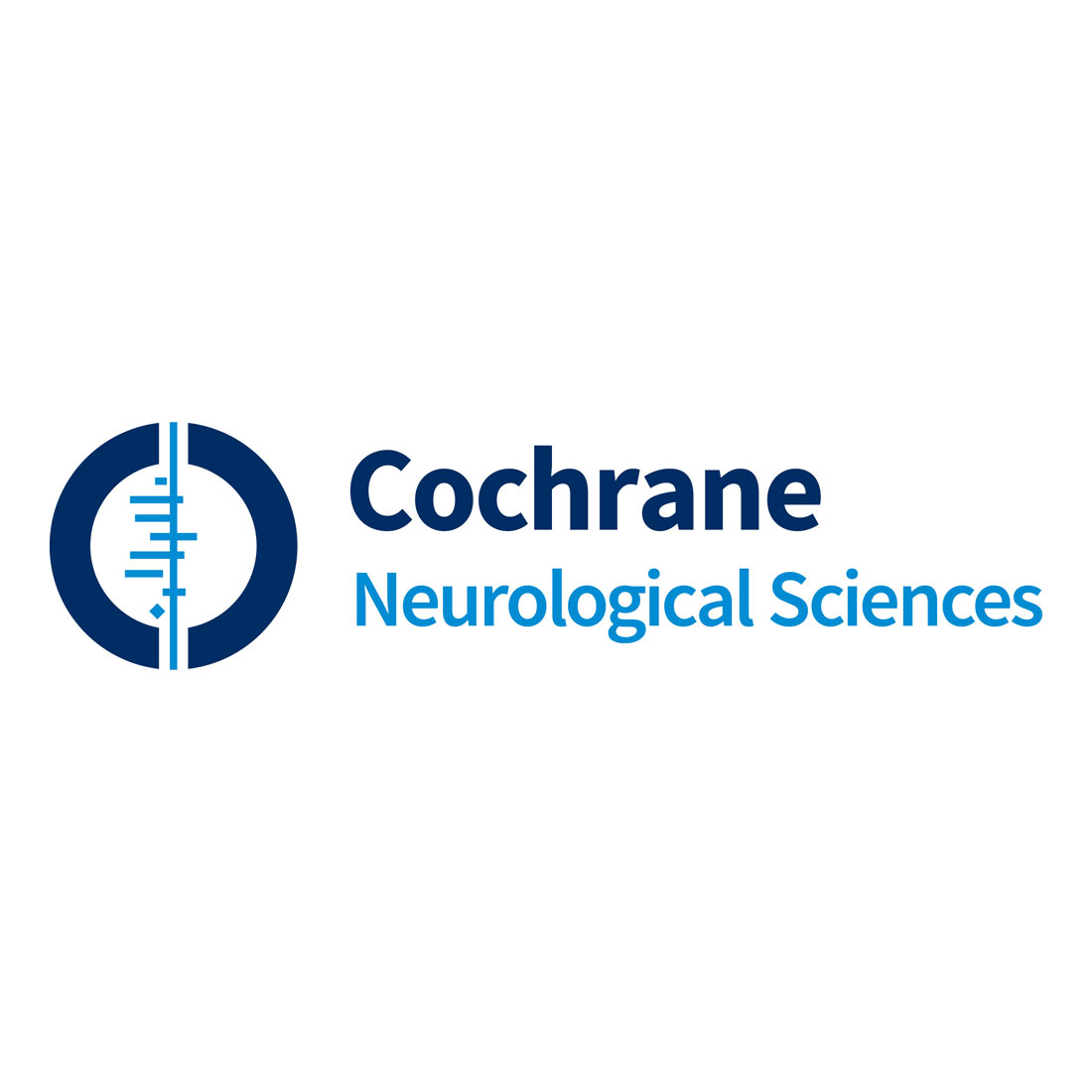
by cristiano | Oct 17, 2018
Treating a stenotic or occluded artery of the lower limbs that does not cause symptoms is inappropriate. There is no evidence that such a treatment would improve the evolution of the disease. Any treatment may expose the patient to the risk of relapse, often with a...

by cristiano | Oct 17, 2018
Symptoms of cerebrovascular insufficiency are often confused with those of other diseases. Furthermore, the term Transient Ischemic Attack (TIA) is often used inappropriately. It should be reserved only for a sudden, focal neurologic attack lasting less than 24 hours,...

by cristiano | Oct 17, 2018
Duplex scan is often requested for paresthesias with palpable distal pulses. ABI measurement is adequate to diagnose arterial disease and start treatment. If the symptoms are severe the patient can be sent to the vascular surgeon. Following this recommendation would...

by cristiano | Oct 17, 2018
DVT and Pulmonary Embolism (PE) are very rare in the absence of elevated D dimer levels or specific risk factors. DVT of the lower limbs is a common disease and it is usually suspected in the presence of swelling. Swelling may be due to orthopedic, cardiac or...

by cristiano | Oct 17, 2018
In patients who have experienced a witnessed loss of consciousness, without the suspicion of seizure and in the absence of other neurological signs or symptoms, the probability that central nervous system damage is the cause is very low and imaging of the brain does...








Recent Comments